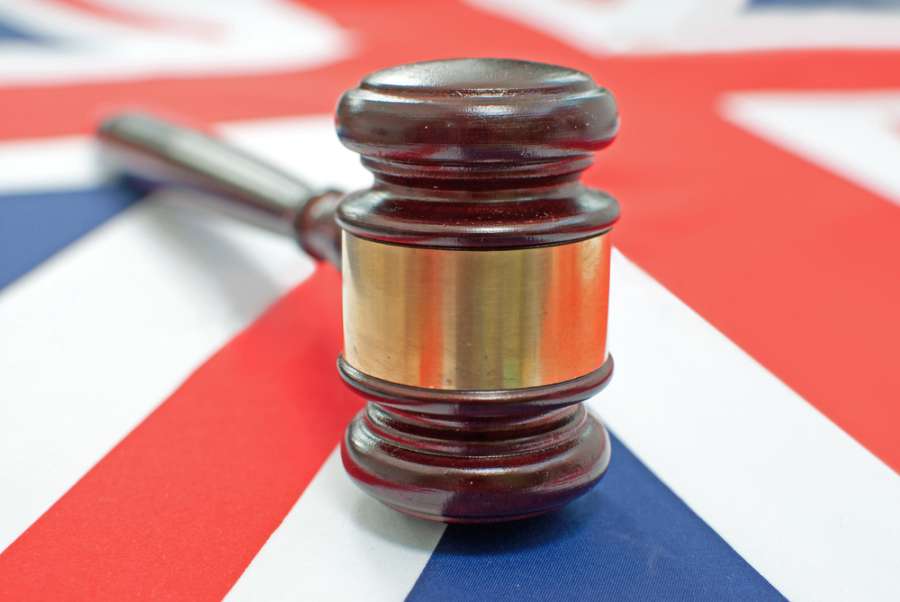Once a company has been dissolved, it loses its legal status, and it would not be possible to issue court proceedings against a dissolved company unless the dissolved company is restored to the company register. A party with an unresolved claim against a dissolved company and who wants to take action against it for compensation or redress can apply to the court to restore the dissolved company.
Restoring a company to the register is a complicated process, and it is always our advice to seek assistance from a solicitor who specialises in company restoration applications. As a court application is required, a solicitor needs to draft the appropriate paperwork that has to be sent to the court, and a barrister may also have to be instructed to attend any court hearing. There is a strict 6-year time limit to apply to restore a dissolved company. The 6-year deadline starts to run from the date on which the company was dissolved. This can be checked by going onto the Companies House website.
The only circumstances in which the 6-year deadline does not apply is if the purpose of the restoration application is to bring proceedings against the company for damages for personal injury or to enable an insurer of a dissolved company to bring proceedings against a third party in the name of the restored company to recover contributions in respect of any personal injury damages an insurer has had to pay out. In these two cases, there is no time limit to apply to the court to restore a dissolved company.
The procedure for applying to the court for a company restoration is set out in Part 8 of the CPR. The Registrar of Companies should be named as the defendant. The court will generally set a hearing date for three months after the claim is issued to allow time to comply with the requirements of the Registrar of Companies and the Treasury Solicitor.
Once a dissolved company has been restored, steps can be taken to commence court proceedings against it, details of which are set out above.












